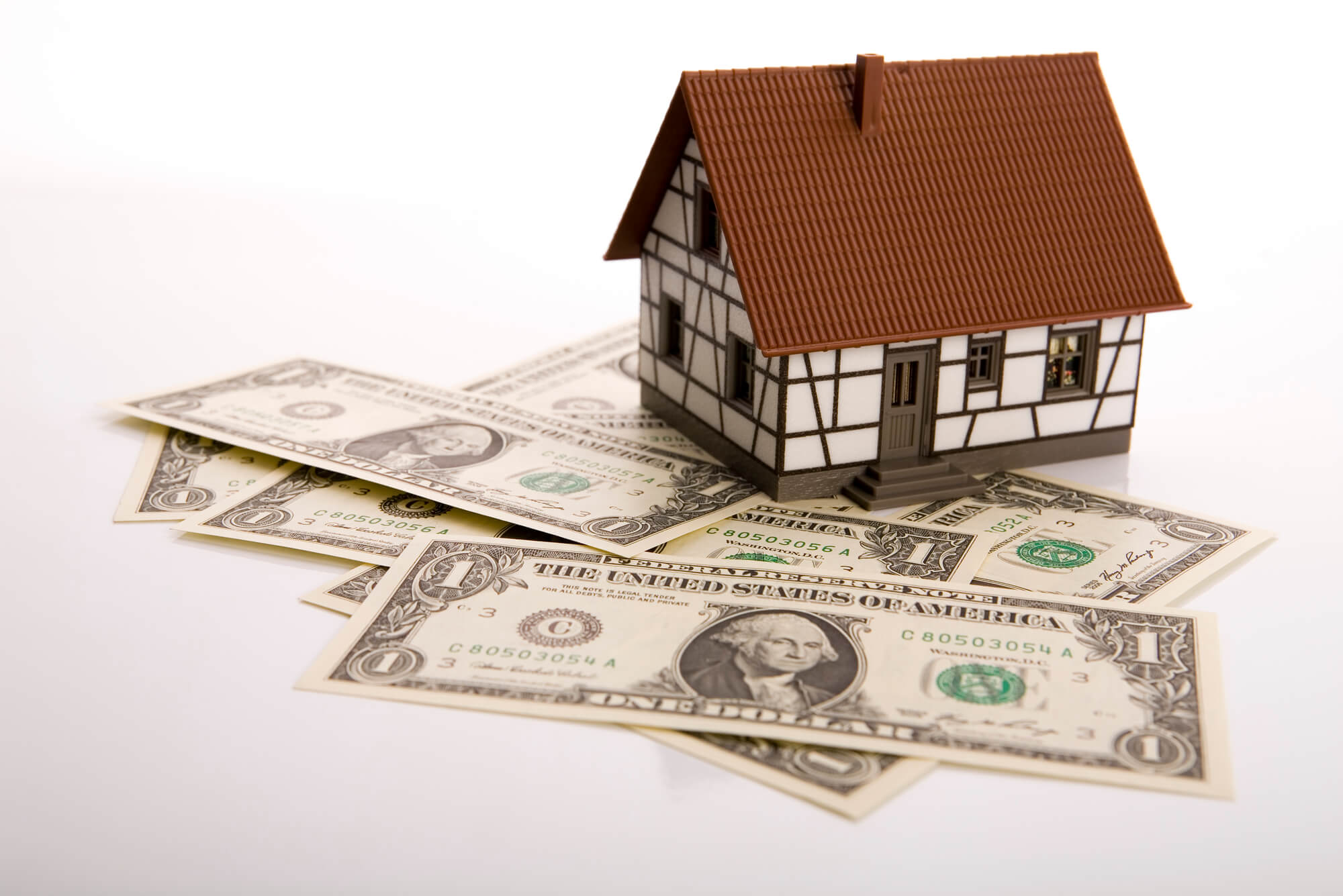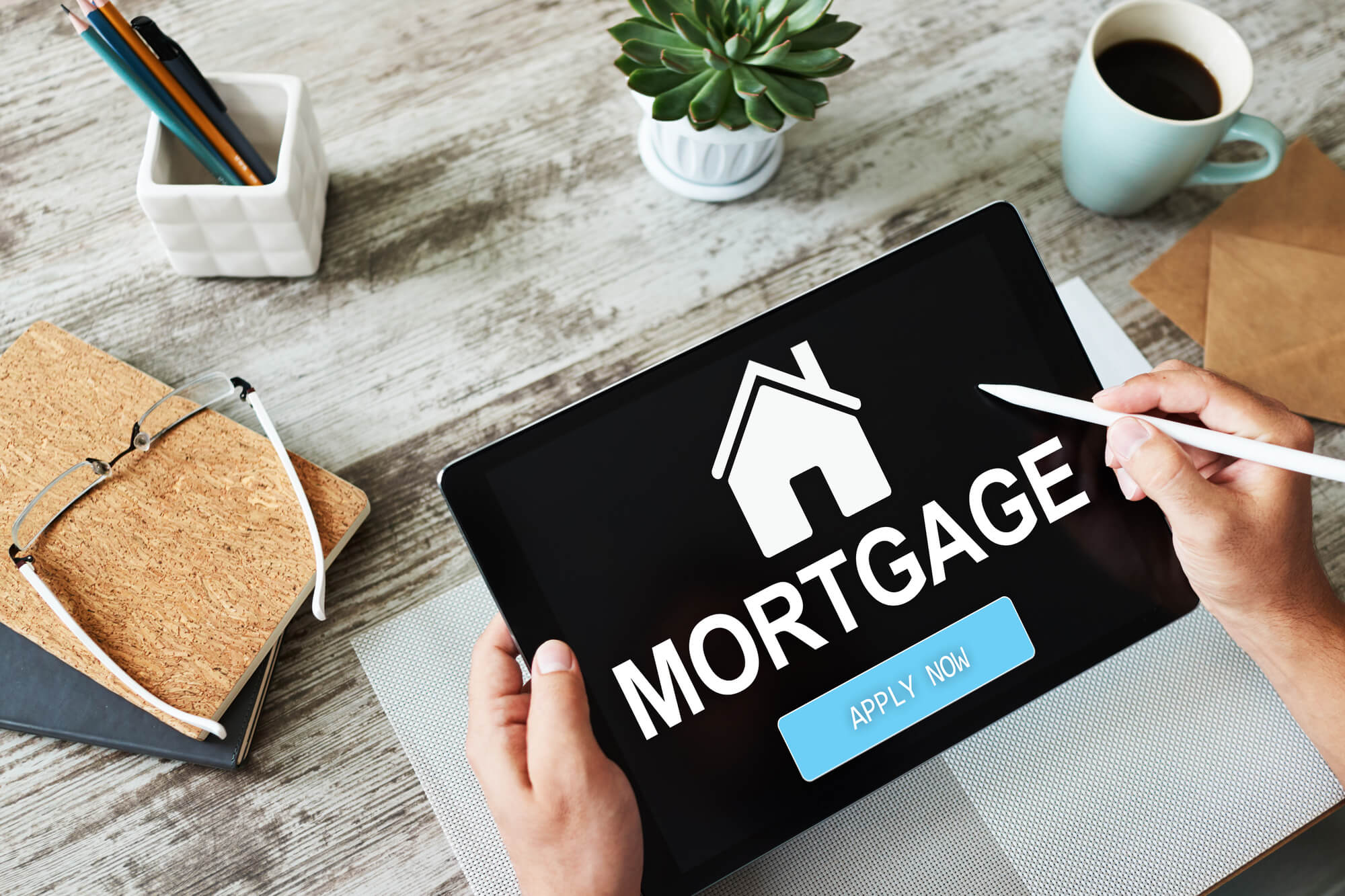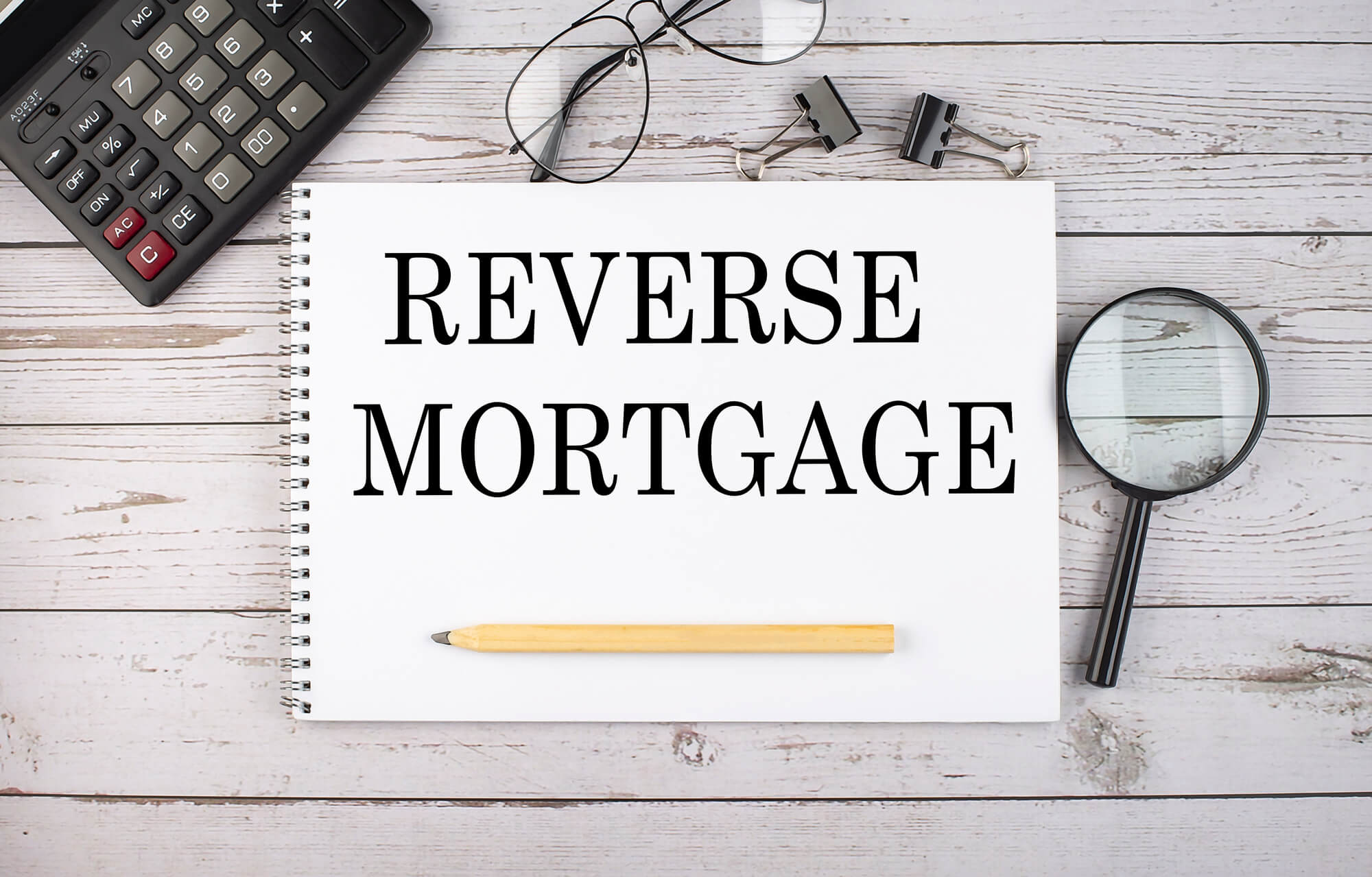If you’re a first-time homebuyer or looking to purchase a home in a rural area, a USDA loan might be the right option for you. The United States Department of Agriculture (USDA) offers loans for eligible individuals in rural areas to purchase, repair, or renovate their homes. The program was established to provide affordable housing options to individuals living in rural areas who may not have access to conventional loans. However, to qualify for a USDA loan, you must meet certain requirements. In this blog post, we’ll explore the USDA loan requirements and determine if you’re eligible. See for yourself if you completed this checklist.
Eligible Areas
The first question on the checklist: Is the house you’re interested in located in eligible areas? To be eligible for a USDA loan, the property you’re purchasing must be located in a USDA-approved rural area. The USDA has designated certain areas as rural, and you can check if the property you’re interested in is eligible on the USDA’s website. According to the USDA, an eligible area is any area that’s not part of a metropolitan area and has a population of 10,000 or fewer. So, check the USDA online map and see if the house of your interest is located in eligible areas.
Income Limits
In addition to the location of the home, your income also plays a role in whether you’re eligible for a USDA loan. USDA loans are designed for low-to-moderate-income borrowers. To be eligible, your income must not exceed 115% of the median income for the area you’re purchasing in. You can check your eligibility on the USDA’s website or speak with a USDA loan officer.
Credit Score
While USDA loans don’t have a minimum credit score requirement, lenders will typically look for a credit score of at least 640. However, if you have a lower credit score, you may still be eligible for a USDA loan, but you may need to provide additional documentation or meet other requirements. Like presenting some documents to verify you have a stable income and a history or receipts that show you are paying bills on time.
Debt-To-Income Ratio
Another important factor to consider is your debt-to-income ratio (DTI). Before approving your loan application, lenders will need to make sure you are comfortable paying all your debts. After all, your monthly income will not be solely allotted to paying all your loans. They have to consider your other expenses and existing debts as this will determine your capability of paying your USDA loan on top of it. To be eligible for a USDA loan, your DTI cannot exceed 41%. However, if you have a lower credit score or a higher down payment, you may be able to qualify with a higher DTI.
Down Payment
One of the biggest benefits of a USDA loan is that it requires no down payment. This means you can purchase a home with 100% financing. However, you will need to pay a funding fee of 1% of the loan amount.
Looking for a way to finance your dream home? At Mann Mortgage, we are dedicated to giving you the best possible option in the market. Feel free to contact us for more information.










